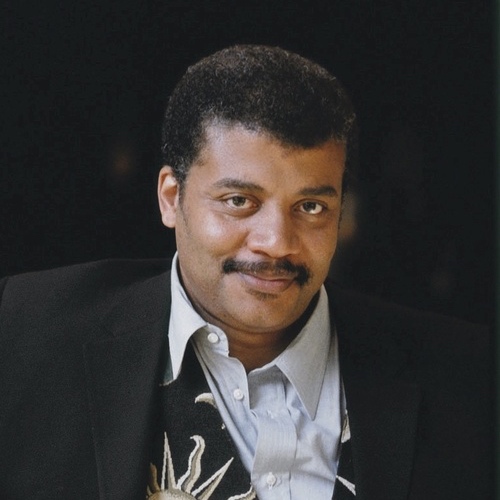 Faith & Science
Faith & Science
Once Again, Neil deGrasse Tyson on Isaac Newton’s Religious Views

Over the holidays, Neil deGrasse Tyson got tripped up trying to explain how he’s not actually unfriendly to the religious beliefs of Sir Isaac Newton. The micro-controversy started when Tyson tweeted on Christmas Day:
On this day long ago, a child was born who, by age 30, would transform the world. Happy Birthday Isaac Newton b. Dec 25, 1642
— Neil deGrasse Tyson (@neiltyson) December 25, 2014
Nothing too controversial there, although as great as Newton was, most people were celebrating Christmas to honor the birth of another person who changed the world. But then he followed up with this:
Merry Christmas to all. A Pagan holiday (BC) becomes a Religious holiday (AD). Which then becomes a Shopping holiday (USA).
— Neil deGrasse Tyson (@neiltyson) December 25, 2014
I might agree with Tyson’s sentiments there too, but he also posted this, pushing the envelope further:
QUESTION: ThIs year, what do all the world’s Muslims and Jews call December 25th? ANSWER: Thursday
— Neil deGrasse Tyson (@neiltyson) December 25, 2014
Some people noted the anti-religious tinge to Tyson’s comments and complained about it on Twitter. Tyson then took to Facebook and disavowed any such intent. CNN reported:
“My sense in this case is that the high rate of re-tweeting, is not to share my enthusiasm of this fact, but is driven by accusations that the tweet is somehow anti-Christian,” he [Tyson] wrote. “If a person actually wanted to express anti-Christian sentiment, my guess is that alerting people of Isaac Newton’s birthday would appear nowhere on the list.”
Perhaps so, but context is obviously crucial.
Yesterday at Real Clear Politics, Carl M. Cannon summarized the affair, nominating Tyson as the Internet “Troll of Year,” noting his prevarications on a variety of subjects, and correctly observing that “you’re never sure of anything Neil Tyson says.” In Cannon’s view, “the most gratuitous display of holiday season boorishness came from the Twitter account of religion-baiting scientist Neil deGrasse Tyson.”
Anyway, if you watched Cosmos or followed our coverage of it, you’ll know that Tyson already had made clear his attitude on Newton and religion. In the third episode, he acknowledged that Newton believed in God, but claimed that Newton’s religious belief “never led anywhere” and served as “the closing of a door.” According to Tyson, Newton’s religion was generally useless because it “doesn’t lead to other questions.”
According to Tyson, it was only when Newton wasn’t doing religion, and was doing science, that he contributed anything positive. When that Cosmos episode aired, I reviewed some of the relevant historical evidence showing that the religious faith of Newton and other scientists contributed greatly to sparking the scientific revolution.
Now Tyson insists that if he sounds anti-religious to you, it’s all a misunderstanding — on your part. All this reconfirms something else I wrote in reviewing Cosmos:
We live in interesting times. On the one hand, we’re constantly assured that science and religion don’t conflict. At the same time, we’re told — sometimes by the same people — that religion hinders science. Perhaps this is to be expected. Materialists want to project a religion-friendly image because popular culture expects it, while at the same time they make arguments that they hope will ultimately erode religious belief.
That’s exactly what’s going on here. Celebrity atheists like Tyson want to remake the world without religion, even as they claim that that’s the furthest thing from their intent. But hey, a little taradiddle never stopped Tyson before, so why should it now?
